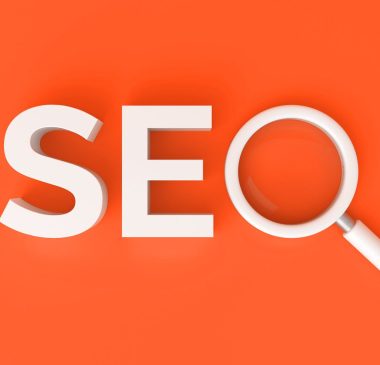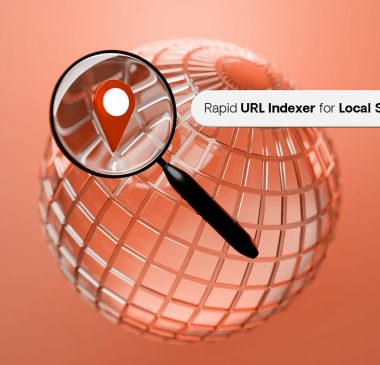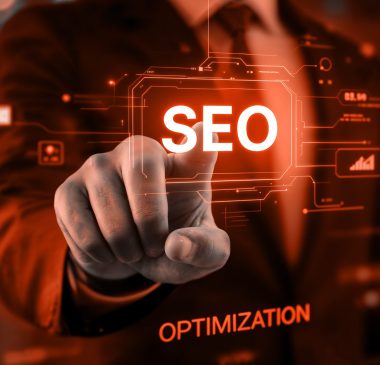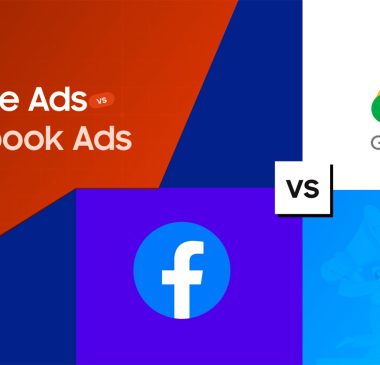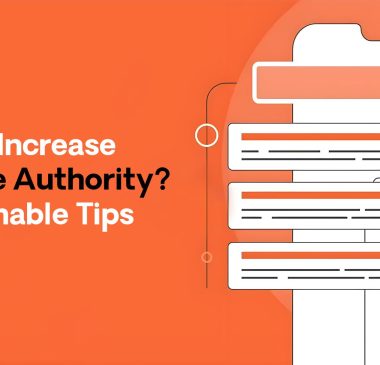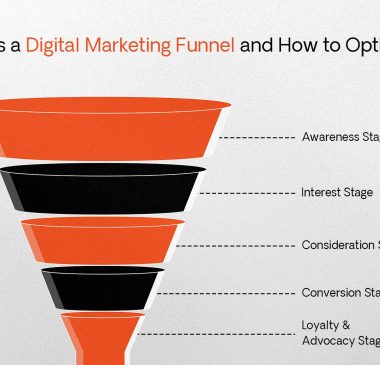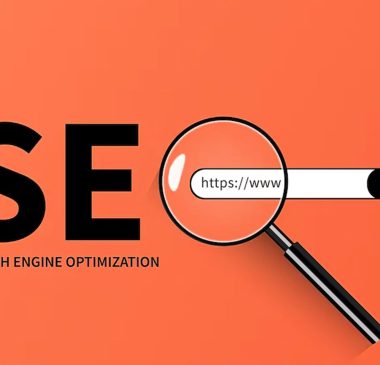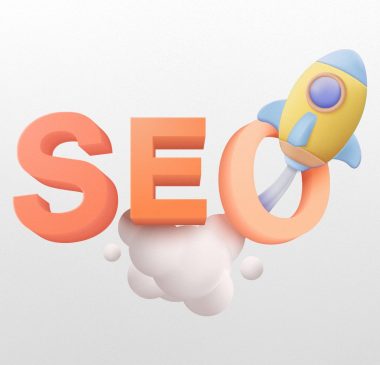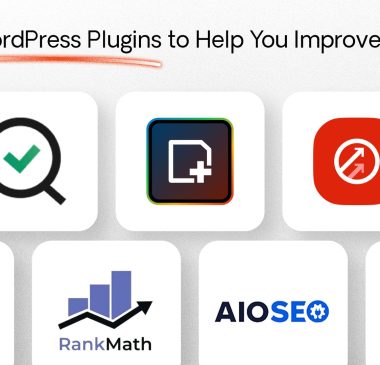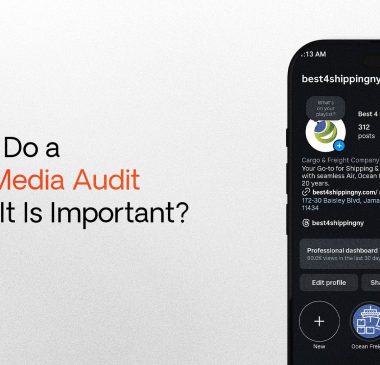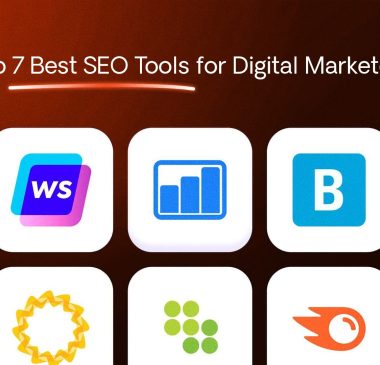Choosing the right platform for your website is crucial, especially when considering search engine optimization (SEO). As digital landscapes evolve, the battle between WordPress and Shopify for supremacy in SEO is a hot topic among website owners. At Robiz Solutions, we delve deep into this comparison to guide you toward the best choice for your SEO needs.
Understanding SEO Basics
Before diving into the specifics of each platform, it’s essential to grasp the core elements of SEO. SEO encompasses strategies and techniques used to increase the visibility of your website on search engines like Google. It includes three main components:
- On-page SEO: This involves optimizing the content on your site, including keywords, headers, and images.
- Off-page SEO: This focuses on external factors like backlinks and social signals.
- Technical SEO: This includes website architecture, such as site speed and mobile responsiveness.
Understanding these aspects will help you better evaluate the SEO capabilities of WordPress and Shopify.
Overview of WordPress
General SEO Capabilities
WordPress is a flexible content management system (CMS) known for its robust SEO capabilities. It allows for extensive customization through themes and plugins, making it a favorite for bloggers and businesses aiming for high search engine rankings.
Popular SEO Plugins and Tools
WordPress users benefit from a wide array of SEO plugins:
- Yoast SEO: Helps with meta tags, sitemaps, and readability.
- All in One SEO Pack: Offers comprehensive tools to optimize WordPress sites for SEO.
These tools make WordPress an excellent platform for those who want granular control over their SEO strategies.
Overview of Shopify
General SEO Features
Shopify is a powerhouse for e-commerce websites, offering built-in SEO features that cater specifically to online stores. It provides streamlined options for SEO, but with less flexibility compared to WordPress.
Built-in SEO Tools
Shopify includes essential SEO features like:
- Editable title tags, meta descriptions, and URLs
- Automatic sitemaps and robots.txt files
While Shopify simplifies the SEO process, it may lack the depth of customization available in WordPress.
Detailed Comparison of SEO Features
Customization Capabilities
- WordPress: Offers unparalleled flexibility in design and functionality, allowing for complete customization of SEO elements.
- Shopify: While easier to use, it offers limited customization options, which might be a constraint for advanced SEO strategies.
Site Speed and Mobile Optimization
Both platforms provide themes optimized for mobile devices, but WordPress gives more control over speed optimization through various plugins.
URL Structure and Control
- WordPress: Allows full control over URL structures—a significant advantage for SEO.
- Shopify: Has improved its URL structure but still imposes certain limitations.
E-commerce SEO
Shopify is inherently built for e-commerce, making it potentially more straightforward for shop owners to implement SEO. WordPress, with plugins like WooCommerce, also supports robust e-commerce SEO but requires more setup.
Pros and Cons of Each Platform
WordPress
- Pros: Extensive SEO customization, a wide range of plugins, strong community support.
- Cons: Requires more technical knowledge and maintenance.
Shopify
- Pros: User-friendly, built-in e-commerce features, less technical hassle.
- Cons: Limited SEO customization, higher dependency on third-party apps.
Case Studies/Examples
Incorporating real-life examples, Robiz Solutions has observed that blogs and content-heavy sites often perform better on WordPress due to its extensive SEO customization options. Meanwhile, small to medium-sized e-commerce sites find Shopify’s streamlined SEO features sufficient and easier to manage.
Choosing the Right Platform for Your Needs
Choosing between WordPress and Shopify should be based on:
- Your technical expertise: WordPress may require more technical involvement.
- Your business type: Shopify might be better for small to medium e-commerce sites, while WordPress could be ideal for content-focused sites.
Conclusion
Both WordPress and Shopify offer significant SEO capabilities. Your choice should align with your business needs, technical ability, and the specific SEO demands of your industry. At Robiz Solutions, we specialize in optimizing both platforms to maximize your search engine visibility without the complexities.
Further Resources
For more insights into optimizing your site, visit our blog or contact us at Robiz Solutions. We’re here to help you excel in the digital space with tailored SEO strategies for both WordPress and Shopify.
By understanding the nuances of each platform, you can better equip your business for SEO success. At Robiz Solutions, we are dedicated to providing you with the expertise needed to make the most informed decision for your online presence.



